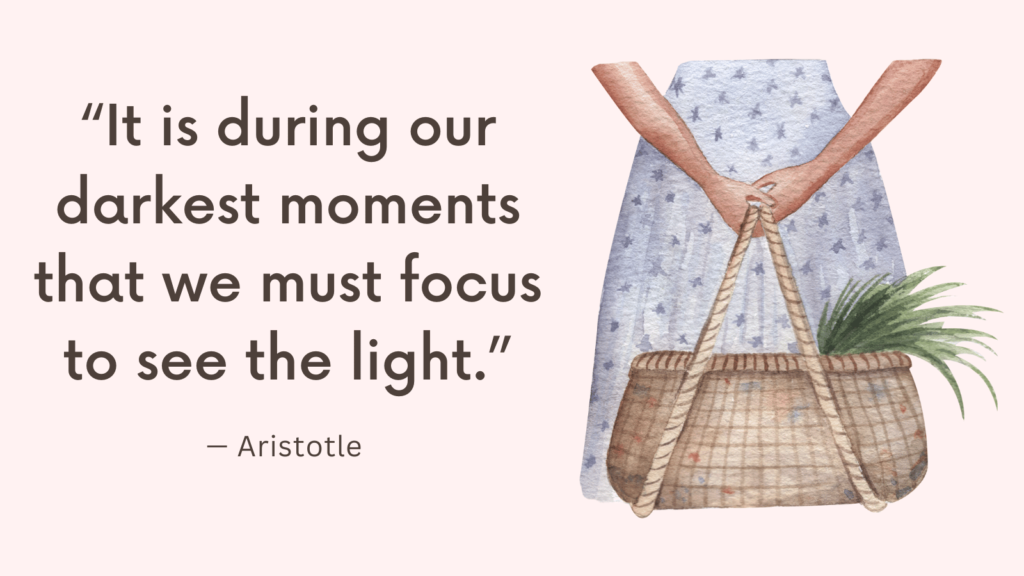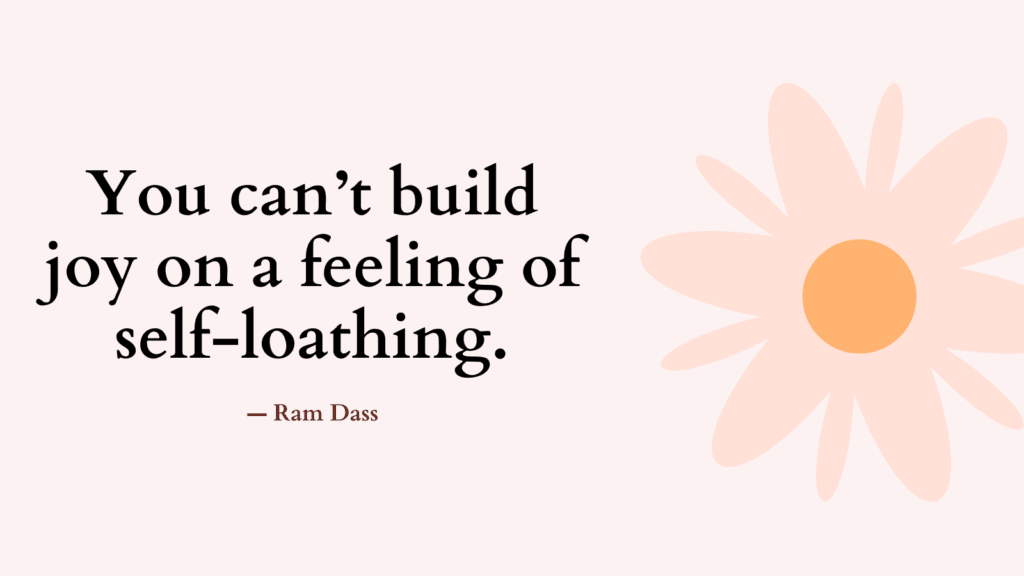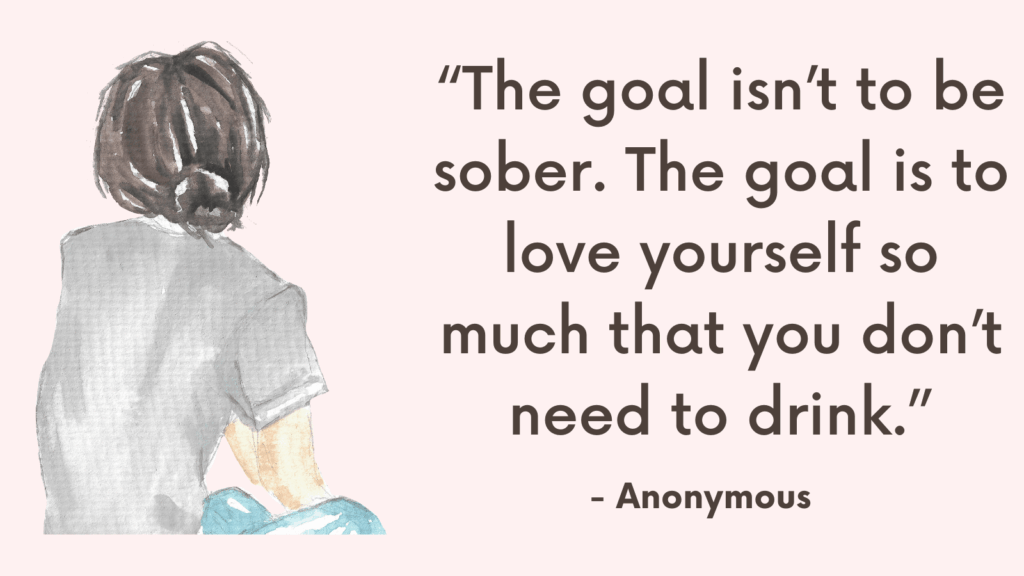In this post, you’re going to find out what emotional addiction is and how to overcome it.
What Is Emotional Addiction?
Emotional addiction, also known as emotional dependency, refers to an unhealthy reliance on certain emotions or emotional states as a way to cope with and regulate one’s internal experiences.
It is not a formally recognized disorder in the Diagnostic and Statistical Manual of Mental Disorders (DSM-5), but it is a concept that many psychologists and therapists acknowledge.
People who struggle with emotional addiction may find themselves constantly seeking specific emotions, such as love, excitement, anger, or even sadness, to an excessive and sometimes detrimental degree.
This dependence on particular emotional states can lead to difficulties in relationships, decision-making, and overall well-being.
Emotional addiction can manifest in various ways:
1. Seeking validation
Some individuals may develop an addictive pattern of constantly seeking external validation, relying on others’ approval and praise to feel good about themselves.
The absence of validation can lead to feelings of emptiness and low self-worth.
2. Relationship dependency
Emotional addiction can cause individuals to excessively rely on their relationships for a sense of emotional security and fulfillment.
They may become clingy, possessive, or fear being alone, often seeking constant reassurance and attention from their partners.
3. Drama and conflict
Some individuals may find themselves addicted to the emotional intensity that comes from drama, conflict, or chaos in their lives.
They may continuously create or involve themselves in situations that evoke strong emotions, even if they are negative, as a means to feel alive or validated.
4. Avoidance of negative emotions
Emotional addiction can lead individuals to avoid or suppress negative emotions at all costs.
They may continually seek out positive or pleasurable experiences to escape discomfort, which can prevent them from effectively dealing with and processing difficult emotions.
5. Self-sabotage
Individuals struggling with emotional addiction may unknowingly engage in behaviors that perpetuate negative emotional patterns, such as self-destructive habits, creating conflicts, or undermining their own success.
These actions may provide temporary emotional highs but ultimately hinder personal growth and happiness.
Related: Top 5 Tips On How To Recover From Love Addiction
What Causes Emotional Addiction?
The causes of emotional addiction are complex and can vary from person to person.
However, there are several factors that may contribute to the development of emotional dependency:
1. Traumatic experiences
Individuals who have experienced significant trauma or adverse life events may be more prone to developing emotional addiction as a way to cope with unresolved emotions and seek a sense of control or relief.
2. Attachment styles
The attachment style developed in childhood can influence how individuals form relationships and regulate emotions.
Those with insecure attachment styles, such as anxious-preoccupied or disorganized attachment, may be more susceptible to emotional addiction as they seek constant reassurance and validation from others.
3. Emotional regulation difficulties
Some individuals may struggle with effectively regulating their emotions, leading them to rely on specific emotions or emotional states as a means of coping.
This can stem from genetics, early upbringing, or learned behaviors.
Related: How to Recover From Codependency And Savior Complex?
4. Low self-esteem
People with low self-esteem may become emotionally dependent on others or certain emotions to feel worthy or validated.
They may use external sources to define their self-worth rather than developing a strong internal sense of self.
5. Social and cultural influences
Societal and cultural factors can play a role in emotional addiction.
For example, cultures that value certain emotions over others may encourage individuals to chase those “preferred” emotions, leading to emotional dependency.
6. Co-occurring mental health conditions
Emotional addiction can coexist with other mental health conditions such as anxiety, depression, or borderline personality disorder.
These conditions can amplify emotional dependency tendencies and make it more challenging to break free from unhealthy patterns.
It’s important to note that everyone’s experiences and circumstances are unique, and these factors interact in complex ways.
Understanding the underlying causes of emotional addiction can be helpful in developing personalized strategies for overcoming emotional dependency and fostering emotional well-being.
Related: People Pleaser Quiz (+Top 21 Proven Ways to Stop People Pleasing)
How to Overcome Emotional Addiction?
Overcoming emotional addiction can be a challenging process, but with the right strategies and support, it is absolutely possible. Here are some suggestions for overcoming emotional addiction:
1. Recognize and understand the patterns
The first step in overcoming emotional addiction is to become aware of the patterns and dynamics that fuel it.
Take some time to reflect on your emotions and relationships, and notice any recurring themes or patterns.
Consider the situations, people, or emotions that trigger your addictive tendencies.
This awareness will help you identify the areas that need attention.
2. Practice self-compassion
Emotional addiction often stems from unmet emotional needs and low self-esteem.
Cultivating self-compassion can counteract these negative beliefs and foster a healthier relationship with yourself.
Treat yourself with kindness, understanding, and acceptance.
Practice self-care activities that nourish your mind, body, and spirit.
Related: Best 18 Self Compassion Journal Prompts (+FREE Worksheets)
3. Develop emotional awareness
Emotional addiction can be driven by a desire to escape or avoid certain emotions.
By developing emotional awareness, you can become more attuned to your feelings, both pleasant and unpleasant.
Mindfulness practices such as meditation or journaling can help you observe and regulate your emotions in a non-judgmental way, reducing the need for emotional dependency.
4. Build a support network
Surround yourself with supportive and healthy relationships.
Cultivate connections with individuals who value emotional well-being and encourage growth.
Participate in support groups or seek out forums where you can connect with others who have similar experiences.
Sharing your struggles and receiving support from others can provide a sense of validation and belonging.
5. Explore new coping strategies
Emotional addiction often arises from relying on specific emotions or behaviors as a means of coping.
It’s important to identify alternative, healthier coping strategies that can fulfill your emotional needs.
Engage in activities that bring you joy, relaxation, or a sense of accomplishment.
This can include hobbies, exercise, creative outlets, deep breathing exercises, or seeking professional guidance for developing effective coping mechanisms.
Related: Best 99 Coping Skills (+FREE Coping Worksheets)
6. Challenge negative thoughts and beliefs
Examine the negative thoughts and beliefs that underlie your emotional addiction.
Are there beliefs about yourself, relationships, or emotions that contribute to these patterns?
Practice cognitive restructuring techniques to challenge and reframe these negative thoughts.
Replace them with positive and realistic affirmations that support your emotional well-being.
7. Set boundaries
Establishing and maintaining healthy boundaries is crucial for breaking free from emotional addiction.
Learn to assertively communicate your needs, desires, and limits in relationships.
This will help ensure that your relationships are based on mutual respect and genuine connection, rather than dependency or manipulation.
Related: +100 Examples of Boundary Violations & How to Deal With It
8. Practice emotion regulation skills
Building skills in emotional regulation can reduce the reliance on addictive emotions.
Explore strategies such as deep breathing, grounding techniques, progressive muscle relaxation, or engaging in activities that provide a healthy outlet for emotional expression, such as art therapy or writing.
These skills can help you navigate and manage your emotions in a healthier way.
9. Cultivate self-identity and self-worth
Emotional addiction often arises from a lack of self-identity and self-worth.
Invest time and energy in discovering and nurturing your authentic self.
Engage in activities that align with your values, strengths, and interests.
Set achievable goals and celebrate your successes along the way.
Building a strong sense of self will reduce the need for external validation and emotional dependency.
Related: How To Start A Self Love Journey? Top 10 Powerful Ways to Love Yourself More
10. Practice patience and persistence
Overcoming emotional addiction is a process that takes time and effort.
Be patient with yourself and acknowledge that setbacks are natural.
Celebrate even small progress and maintain a resilient mindset.
Remember that change is possible, and with consistent effort and support, you can break free from emotional addiction.
It’s important to note that each individual’s journey of recovery is unique.
What works for one person may not work for another, so it’s essential to explore and find the strategies that resonate with you personally.

FAQ
Can emotional addiction coexist with other addictions?
Yes, individuals who struggle with emotional addiction may also be prone to other types of addiction, such as substance abuse or compulsive behaviors.
Emotional addiction can sometimes drive individuals to seek out substances or behaviors that offer temporary relief or intensify certain emotions.
The coexistence of emotional addiction and other addictions can further complicate the individual’s recovery process, and it may require a comprehensive treatment approach that addresses both the emotional addiction and the other addictive behaviors.



